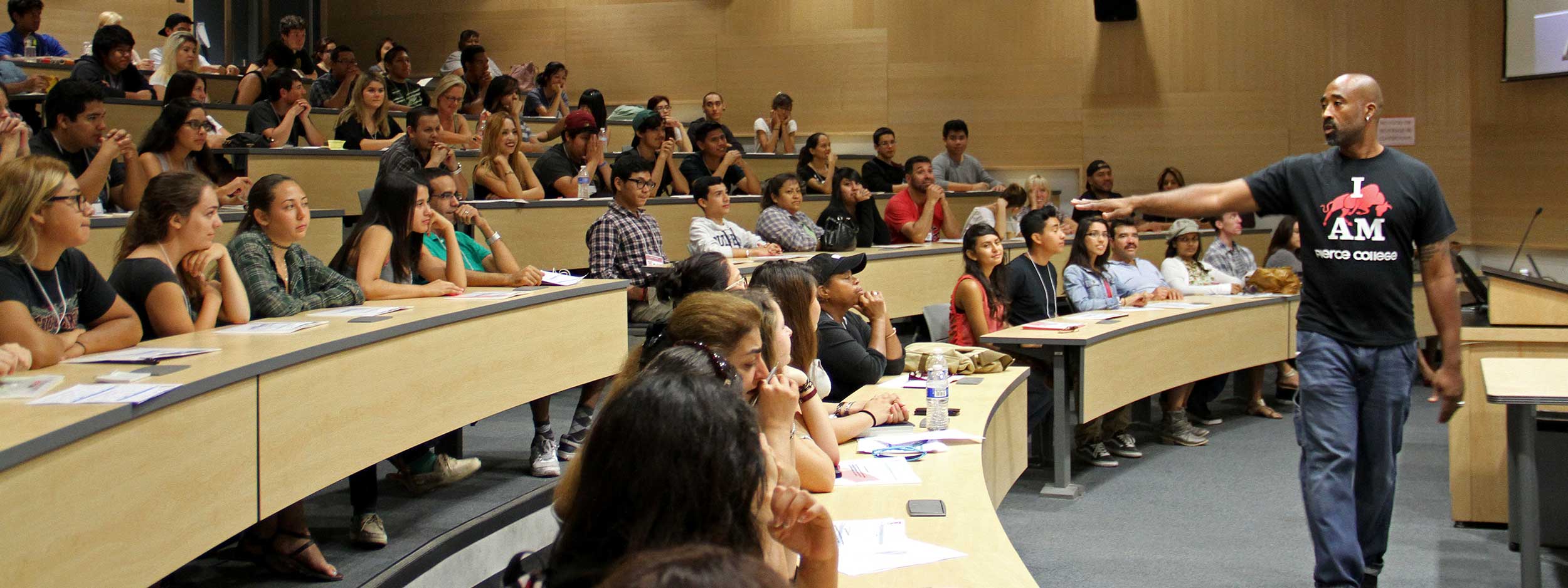Spring 2021
Committee:
EXEC
WHEREAS, the College Board states that the average student spends over $1,200 per year on textbooks and the rising cost of textbooks continues to be an increasing concern for community college students [1];
WHEREAS, according to the Student Public Interest Research Group (PIRG)’s poll of 2,000 college students from around the country, approximately 48% stated that high textbook costs had an impact on courses they decided to not take, 65% did not buy or rent a textbook due to the costs, and 95% skipped buying a textbook and were concerned it would hurt their grade [2];
WHEREAS, AB 798 (2015) demonstrates an evident need for lower-cost textbook options and aimed to implement an open educational resources adoption incentive program that would have rewarded campus, staff, and faculty efforts to accelerate the adoption of open educational resources[3]; and
WHEREAS, textbooks that are required for the study programs are often changed, libraries have limited books on reserve [4], and this increases the achievement gap for students who need to access books; now, therefore, be it
RESOLVED, that the Student Senate for California Community Colleges work with the Chancellor's Office to advocate for California Community College system to develop a fund that extends book vouchers to more students including but not limited to merit based, income based, or attending an event the college hosts;
RESOLVED, that Student Senate for California Community Colleges create a taskforce to identify organizations, including non-profits, that offer book services to students, and have it readily accessible to students on the Student Senate for California Community Colleges’ website and each CCC website;
RESOLVED, that the Student Senate for California Community Colleges work with the Chancellor's Office to develop and implement a book loan program accessible to all 116 California community colleges; and
RESOLVED, that the Student Senate for California Community Colleges work with the Chancellor's Office to ensure that college libraries have the extended reserves of new versions of digital books and textbooks, for students to check out for extended periods.
Citation 1: Barrington, Kate.2016. “Tips for Cutting Costs on Textbooks to Save Money.”College Review. https://www.communitycollegereview.com/blog/10-essential-money-management-tips-for-community-college-students
Citation 2: Koenig, Rebecca. 2020. “When Colleges Sign ‘Inclusive Access’ Textbook Deals, Can Students and Professors Opt Out?” EdSurge.
https://bit.ly/3fYn7YV
"AB-798, Bonilla. College Textbook Affordability Act of 2015." 2015-2016. California Legislative Information Bill Text.
https://leginfo.legislature.ca.gov/faces/billTextClient.xhtml?bill_id=201520160AB798
Citation 4: McKenzie, Lindsay. 2020. “Textbooks in Short Supply Amid COVID Quarantines.” Inside HigherEd.
https://bit.ly/3fTAxVO
Citation 5: “More Equitable Approach to Cost of Textbooks.” 2019. SSCCC Resolutions. https://bit.ly/3uPiaqR
WHEREAS, according to the Student Public Interest Research Group (PIRG)’s poll of 2,000 college students from around the country, approximately 48% stated that high textbook costs had an impact on courses they decided to not take, 65% did not buy or rent a textbook due to the costs, and 95% skipped buying a textbook and were concerned it would hurt their grade [2];
WHEREAS, AB 798 (2015) demonstrates an evident need for lower-cost textbook options and aimed to implement an open educational resources adoption incentive program that would have rewarded campus, staff, and faculty efforts to accelerate the adoption of open educational resources[3]; and
WHEREAS, textbooks that are required for the study programs are often changed, libraries have limited books on reserve [4], and this increases the achievement gap for students who need to access books; now, therefore, be it
RESOLVED, that the Student Senate for California Community Colleges work with the Chancellor's Office to advocate for California Community College system to develop a fund that extends book vouchers to more students including but not limited to merit based, income based, or attending an event the college hosts;
RESOLVED, that Student Senate for California Community Colleges create a taskforce to identify organizations, including non-profits, that offer book services to students, and have it readily accessible to students on the Student Senate for California Community Colleges’ website and each CCC website;
RESOLVED, that the Student Senate for California Community Colleges work with the Chancellor's Office to develop and implement a book loan program accessible to all 116 California community colleges; and
RESOLVED, that the Student Senate for California Community Colleges work with the Chancellor's Office to ensure that college libraries have the extended reserves of new versions of digital books and textbooks, for students to check out for extended periods.
Citation 1: Barrington, Kate.2016. “Tips for Cutting Costs on Textbooks to Save Money.”College Review. https://www.communitycollegereview.com/blog/10-essential-money-management-tips-for-community-college-students
Citation 2: Koenig, Rebecca. 2020. “When Colleges Sign ‘Inclusive Access’ Textbook Deals, Can Students and Professors Opt Out?” EdSurge.
https://bit.ly/3fYn7YV
"AB-798, Bonilla. College Textbook Affordability Act of 2015." 2015-2016. California Legislative Information Bill Text.
https://leginfo.legislature.ca.gov/faces/billTextClient.xhtml?bill_id=201520160AB798
Citation 4: McKenzie, Lindsay. 2020. “Textbooks in Short Supply Amid COVID Quarantines.” Inside HigherEd.
https://bit.ly/3fTAxVO
Citation 5: “More Equitable Approach to Cost of Textbooks.” 2019. SSCCC Resolutions. https://bit.ly/3uPiaqR

